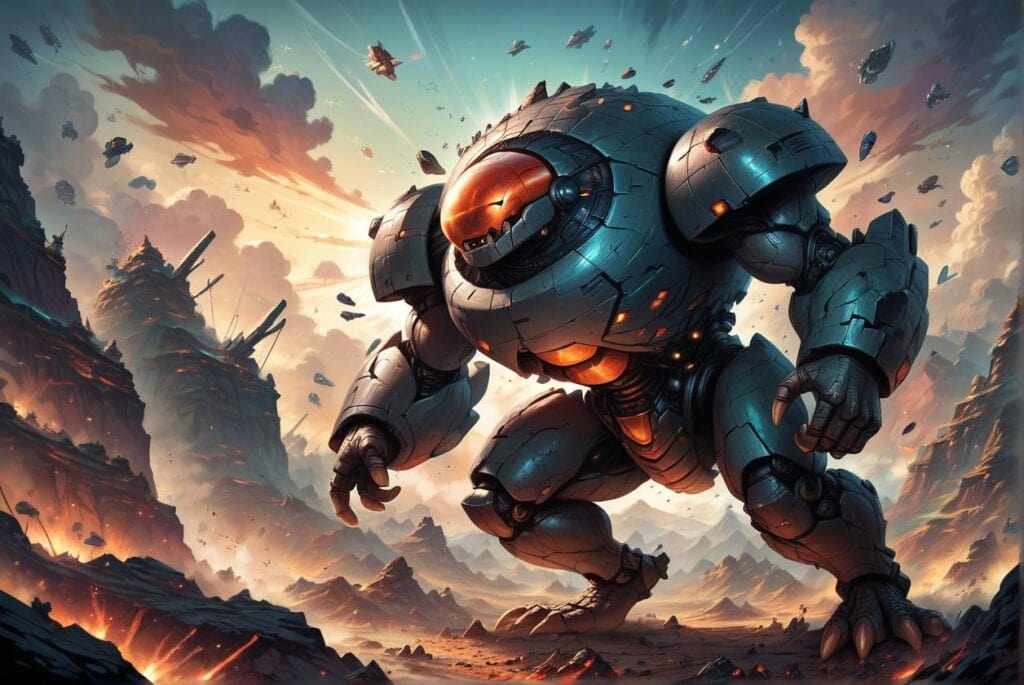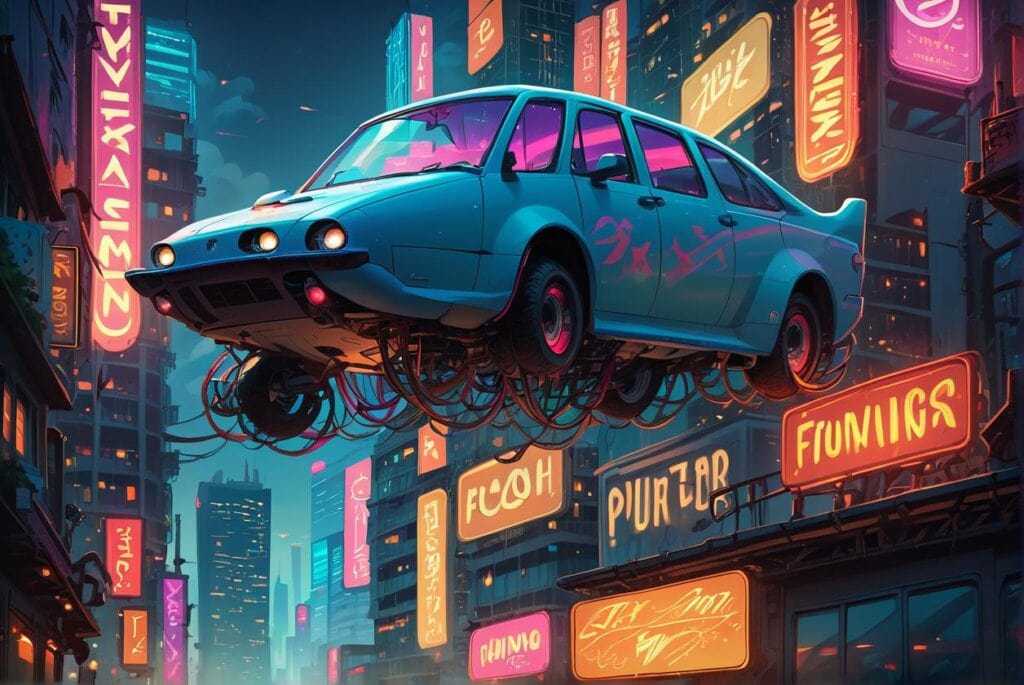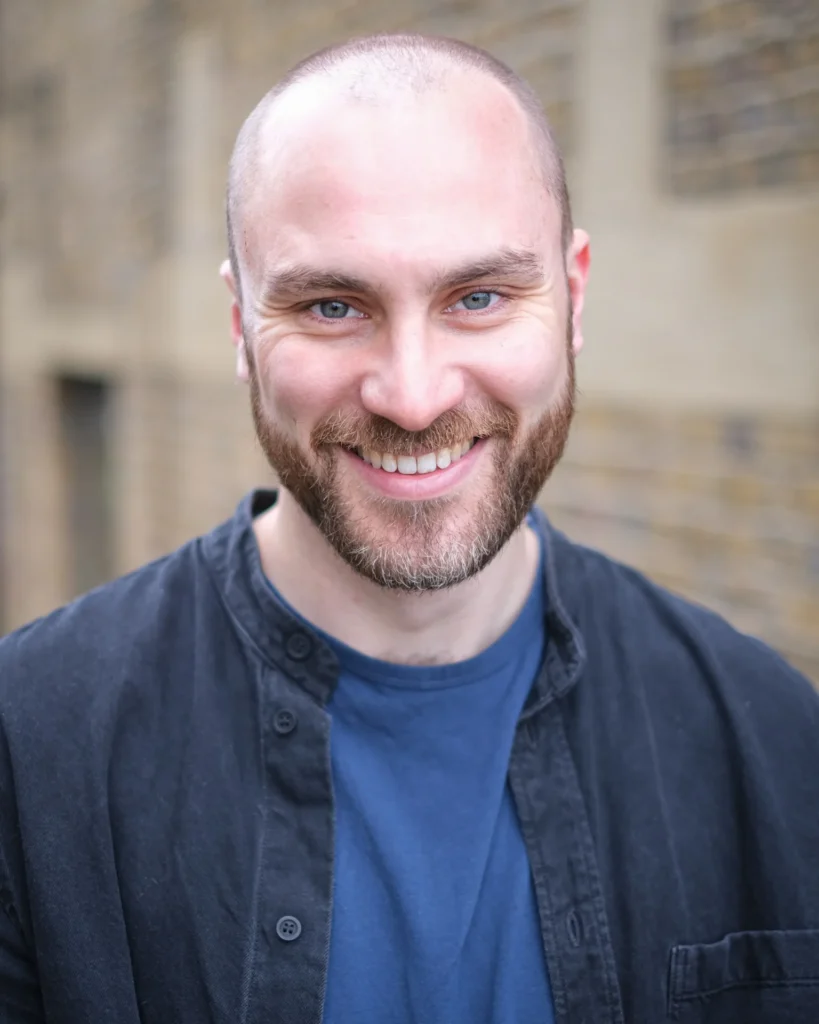5 Tips on Writing: With Nicholas Masters-Waage
I work as a Narrative Designer and Writer, but my background is in science. I was a geoscientist, then I did a PhD in nuclear chemistry before accepting that my passion was writing. I’m now represented by Berlin Associates and have recently worked as a narrative designer for VR companies.
Hooking Your Audience
Hooks are questions. I remember being hooked by The Girl with the Dragon Tattoo: “Who was sending framed flowers each year to Harriet’s grandfather?” Good questions proliferate, expand, and reoccur. “If Harriet, then how did she get off the island? If not her, is she dead? Is her killer sending the flowers?!” I’m hooked because I can’t let go of the original question; I’m doubly hooked because Stieg Larsson refuses to answer it and instead offers more and more questions. Good, watertight questions are hard to come by – so go easy on yourself. I do find a few things helpful. Firstly, know your question.
For example, a rom-com is a “will they, won’t they?” Once that’s clear, you can pull your levers. Why can’t they ever be together: did she break his best friend’s heart? Why must they be together: do they finish each other’s sandwiches? Label the question early and keep pushing it. Secondly, let your question have innate stakes. For example, is Neo the one? I sure hope so, or else robots will destroy humanity. Finally, and this is more game-specific, let the player answer the question by doing cool stuff. For example, my question when playing Portal was “What is this place?” and I was hooked because I could answer that question (I thought) using teleportation.
Mastering Plot Development
Plot development is character development. I don’t know if that’s controversial. I never think about what should happen when; I always think about what needs to happen to my character for their story to play out. I believe this leads to more efficient stories.

Effective World-Building Strategies
World-building is sharpening, not coloring in. As you start writing, the realms of possibility restrict themselves, and as that world builds, you must sharpen it to a point. Instead of asking “What do these people do?” and “Why do they live here?” focus on conflict. How can I make this more difficult for my characters? Dune does this exceptionally well: Arrakis is a near-empty planet filled with riches, and yet the native Fremen and sandworms make things really complicated.
Techniques for Character Development
Flaws, flaws, flaws, flaws, flaws. Flaws. Think of a friend with a flaw (we all have them). Now think of a bunch of events that would let them see that flaw, then give them a choice to correct it or not. In my opinion, that’s it. Character development is confronting a character with this choice over and over: can you overcome your flaws?
Earlier in my career, I wrote characters already partly fixed; they could see their flaws maybe, or maybe they were able to control their arrogance, anger, or shyness. I thought this would make them likable. I was very wrong. The problem was that they had nowhere to go. Start with your character blind to their flaw: Woody doesn’t know he’s insecure. Start them blind to their strength: Buzz doesn’t know his value isn’t in being a space ranger; it’s within him. After that, show them the light and let them decide, again and again.
Crafting Meaningful Decisions

What you stand to gain, you stand to lose. When the stakes are clear, the choice has weight. So let the user know what they might gain and what they might lose. After all, a meaningful choice is one that could go either way, one that makes you think, one that changes everything.
Also, choices are thematic, linked to genre, linked to character development – put them at the most pivotal points. And don’t forget that choices can be revolutionary. The whole of A Doll’s House is about a choice presented at the end; what was controversial was that this choice had never been presented before: Will a mother leave her family?
What are your strengths in writing and narrative design?
I think the most important strength of all writers is responsibility. You literally can’t get away with anything as a writer. Holes are always found, vagueness is exposed, and over- and underwritten dialogue stands out like a Banksy in a banquet hall. It’s annoying, but once I learned this, I just started taking responsibility. The same is true for narrative design: you’re the person in the corner taking up the responsibility of going from department to department, fighting for the story’s integrity. I’m also good at letting ideas go. Fight ferociously, hold lightly.

Which games or stories have you worked on?
My most recent work was Project Maji Water’s of Change which won an award at Tribeca X. I also worked on Missing, which is avalible on the Meta app store. I recently wrote and directed a short film Gravy Baby which was recognised and screened at the London Director Awards.
Exploring Favorites
A Christmas Carol. I love redemption. I cry everytime I read it and that’s every year. I can’t wait to read it to my daughter when she is old enough. Scrooge is irrevocably flawed and yet even he can change. Marvelous stuff.
A Wish for Interactive Audio Stories
I’d love a story about Kirby. I have no idea what it would be about, I think they’re making a film. I guess looking at Kirby you don’t think he’ll be a baddass, so maybe that’s the story – how does a cute pink ball become so angry?
Register for our Free Writing Workshop now!
If you are interested in creating your own interactive audio story, you can apply for our free webinar! It will introduce you to our interactive story game engine, TWIST, and teach you how to use it to create interactive audio stories.
Interested in contributing to our blog series?
If you would also like to publish a blog post on our website and share your own story with interested readers, simply fill out the contact form.





